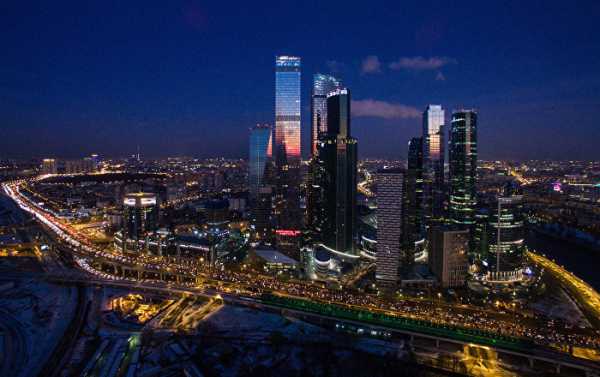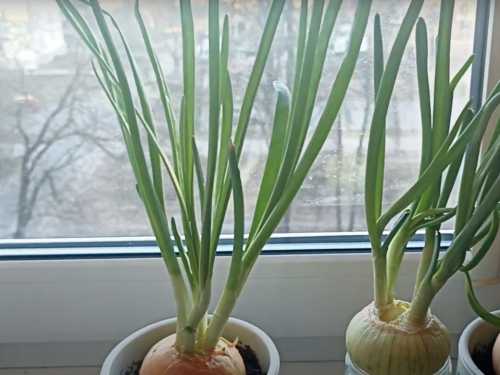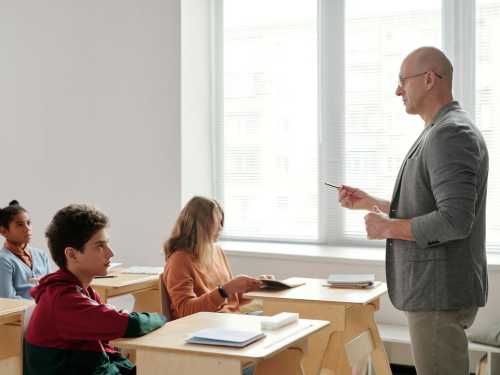
WASHINGTON (Sputnik) – A team of analysts from the World Bank are currently visiting Russia to meet with government and private sector officials to asses the implementation of regulatory reforms, Senior Private Sector Development Specialist at World Bank’s Doing Business project Valentina Saltane told Sputnik on Thursday.
“Right now as we speak we have two colleagues that are presently visiting Moscow and St. Petersburg to meet with the government agencies as well as to do an independent assessment of the private sector on the ground, how they experience the reforms implemented by the government,” Saltane said.
Saltane noted that the World Bank’s Doing Business project visit is part of an active process of engagement, which has seen Russian government officials come to Washington and team members travel to Moscow and St. Petersburg to assess the situation on the ground.
“We have had already delegations this year visiting from Russia and as of now I don’t know of there are going to be more in the coming months. But every year we’d get visits on several indicators from the Russian Federation where we meet face to face with the Russian counterparts and discuss the progress of their reforms,” she added.
Saltane spoke on the sidelines of the “Doing Business with the BRICS” conference hosted by the Eurasia Center and the Eurasian Business Coalition.
Saltane also noted that Russia, India and China are the most active BRICS countries in terms of implementing reforms and are expected to remain on the same path over the coming years.
Speaking about Russia, Saltane emphasized that much progress has been made in the country over the past few years, noting that Russia is currently ranked 35th out of 190 in the latest World Bank’s Doing Business report.
“We’ve seen a lot of progress in several topics, specifically in the area of starting a business, dealing with construction permits,” she explained. “There have also been some changes across the legal topics such as protecting minority investors, and there are a lot of reforms that are stemming from getting the electricity and dealing with construction permits.”
“Although a paper trail still exists, a lot of automation has been taking place. You can calculate the price of connection also online and there are different algorithms that are used to calculate the price,” she said.
“We have seen that in the area of getting electricity, and we want to see more of that in the area of obtaining a building permit because there are still processes that are still face-to-face and based on the paper trail,” she added.
Saltane also said that more efforts must be made to further reduce bureaucratic delays in some areas, particularly construction permits, though she voiced confidence in Russia’s commitment to implementing such reforms.
“It’s a big sector that’s difficult to modify just from year to year,” Saltane noted. “There are also some legal reforms that are warranted like the courts need to function better, there should be less delays. The legal reforms that require changing people‘s mentality or changing the structure of the institutions, they are not low hanging fruits, so it requires strong political commitment, which I think there is much of that in Russia.”
The sixth annual conference brought together various experts and officials from Brazil, Russia, India, China and South Africa seeking to expand trade, direct investments and business opportunities, as well as open communication.
Sourse: sputniknews.com






